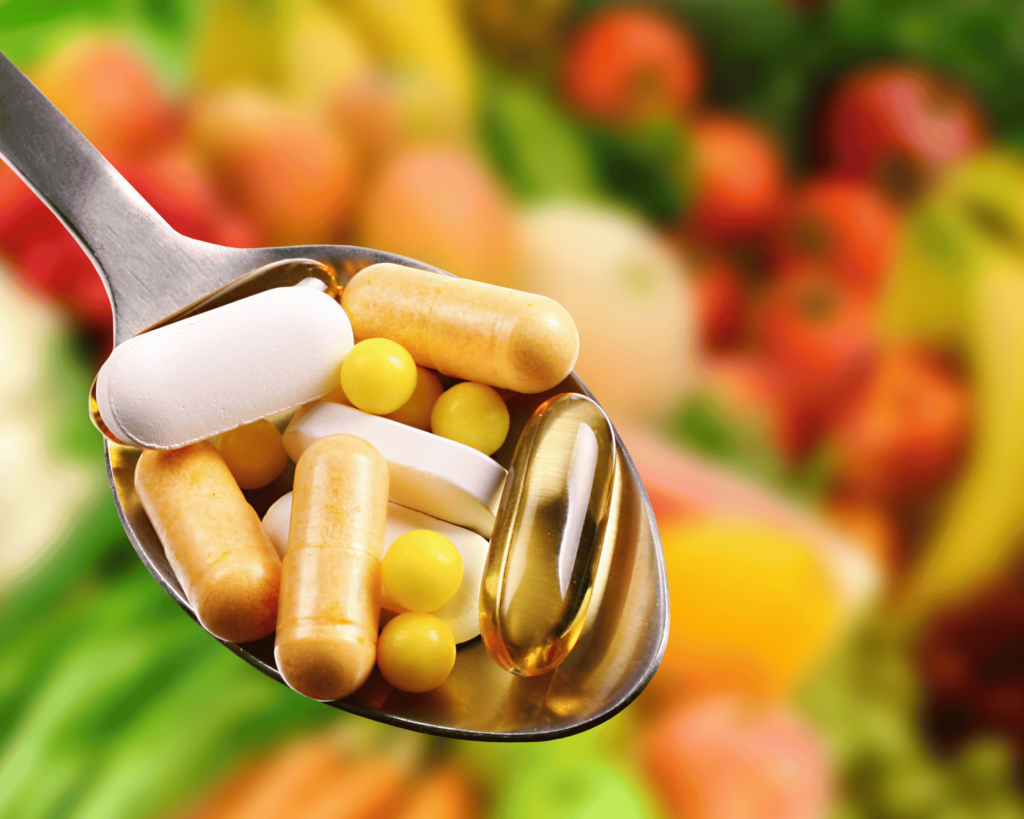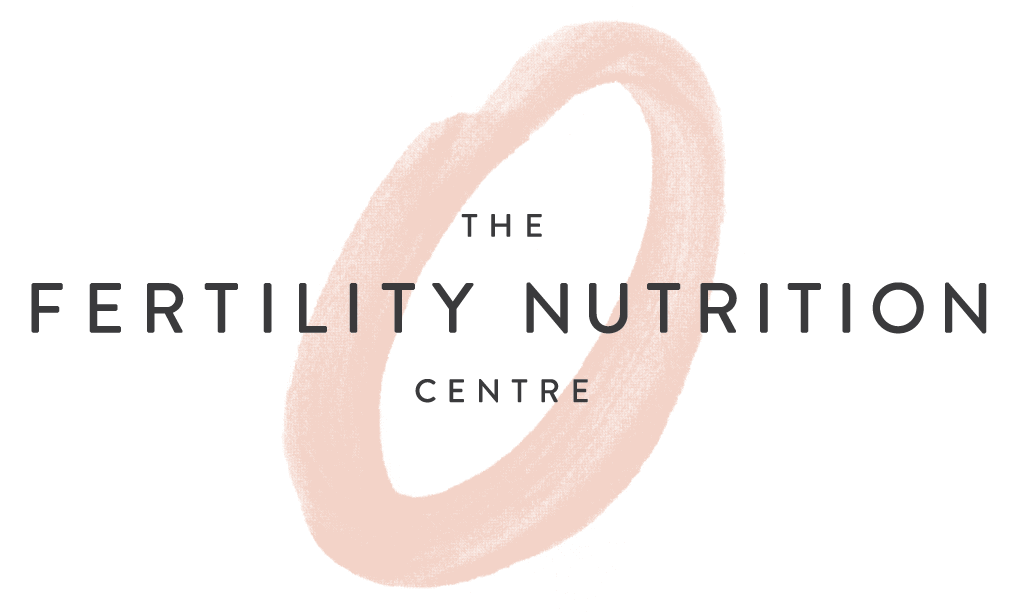
The Role of Supplements in Fertility
In today’s world, we are bombarded with advice on supplementation for all kinds of ailments and conditions, including the pursuit of fertility. It’s an absolute minefield out there, and what we often find with many of our clients is that by the time they come to us, they are taking all kinds of pills and potions that either a well-meaning friend or Dr Google has convinced them are the secret sauce to falling pregnant.
But unfortunately, supplements are not the secret sauce, and the truth is that the additional vitamins, nutrients or herbal remedies you are consuming are more complicated than that – they are potent and they require a thoughtful and personalised approach. To truly benefit from any form of supplement, it’s crucial to understand what your body needs and then navigate this territory with guidance.
In this blog, we will unravel the complexities of fertility supplements to empower you with a confident understanding and foundational knowledge and provide some clarity and assurance.
A Food-First Approach
Before we delve into the world of supplements, let us emphasize the importance of a balanced and nourishing diet. Nature has blessed us with a plethora of fertility-friendly foods that can help nurture our reproductive systems. A diet rich in fruits, vegetables, whole grains, lean proteins, and healthy fats can provide essential nutrients for fertility.
Crucial nutrients like folic acid, iron, zinc, vitamin D, omega-3 fatty acids, and antioxidants are vital for reproductive health, and these can all be found in a varied and colourful diet. Embrace leafy greens, citrus fruits, nuts, seeds, and fish as valuable additions to your plate and opt for organic and locally sourced foods wherever possible, as they are less likely to contain chemicals that might interfere with hormonal balance.
Supplements: Bridging the Gap
While a balanced diet forms the foundation of fertility nutrition, sometimes our bodies require additional support. Supplements can be pivotal in bridging nutrient gaps and addressing specific deficiencies. However, remember that these should complement your diet, not replace it entirely, and identifying first what (if any) deficiencies you may have is important. Here are some of the specific nutrients that are highly important for fertility and where to find them in food:
- Folate: A superstar nutrient in the realm of fertility, folate aids in preventing neural tube defects in the early stages of pregnancy. Green leafy vegetables, legumes, and fortified grains are excellent dietary sources.
- Iron: Essential for healthy ovulation and implantation, iron can be found in foods like lean meats, beans and tofu.
- Zinc: Vital for reproductive hormone regulation and overall fertility, zinc-rich foods include oysters, pumpkin seeds, dairy products and whole grains.
- Omega-3 Fatty Acids: Found in fatty fish, chia seeds, and flaxseeds, omega-3s support hormone production and may improve egg quality.
- Vitamin D: Often referred to as the “sunshine vitamin,” vitamin D plays a crucial role in reproductive health. Exposure to sunlight and vitamin D-rich foods like fatty fish and fortified dairy can be beneficial.
The Importance of Personalised Testing
Each individual’s nutritional needs are unique, and this is especially true when it comes to fertility. Testing can shed light on any nutrient deficiencies or imbalances that might be hindering your journey to conception. Work closely with a healthcare professional, preferably a fertility nutritionist like a member of our team, who can recommend the appropriate tests to assess your nutritional status accurately.
Seek Guidance from Credible Sources
Where you are getting your guidance and advice is so important, and can have a massive impact on outcomes. Self-diagnosing or relying on advice from non-experts is not advisable. A shop assistant or an online search cannot replace the knowledge and expertise of a qualified nutritional therapist specialising in fertility. Avoid being swayed by marketing gimmicks or unverified claims. Rely on reputable scientific studies and evidence-based information, only. Working with a credible expert means that they will help you determine the right supplements, appropriate dosages, and when to take them, ensuring you stay on the safest and most effective path. When it comes to your fertility and overall health, it’s not worth taking any chances..
Remember that your journey to parenthood is unique, and the path to fertility may indeed require a little extra support. Embrace a food-first approach, savouring the nourishment provided by nature’s bounty. Supplements can be powerful allies, but they should be tailored to your specific needs and not taken haphazardly, and it’s worth noting that the wrong supplements or the wrong dosages could, in fact, have a detrimental effect!
Don’t hesitate to seek guidance from our team of experts who have not only specialised knowledge in supplements for fertility but can also help you with testing to ensure that you are truly supplementing with what you need.
Here’s to a well-nourished journey to parenthood – may it be filled with hope, love, and joy.
What next?
Don’t forget to follow our Instagram page for more fertility nutrition tips from our team of certified practitioners.
Or click here, and head to our directory to book a free introductory chat with a team member.




